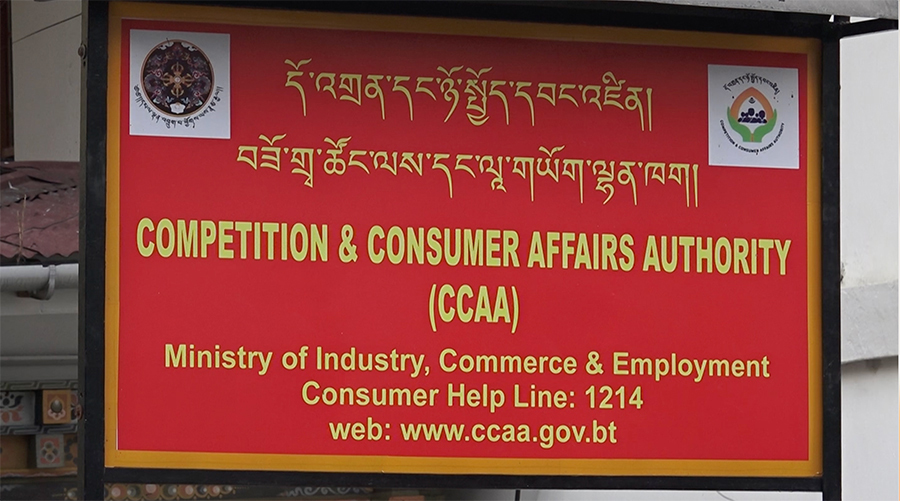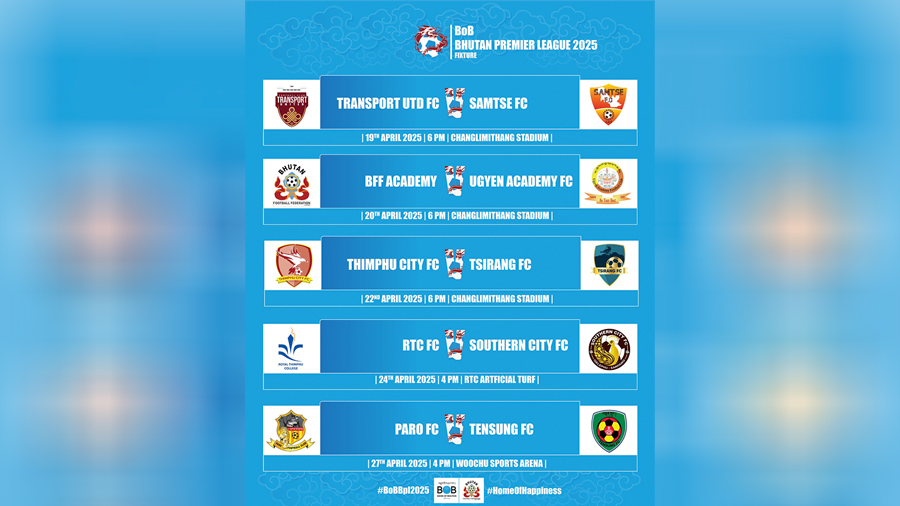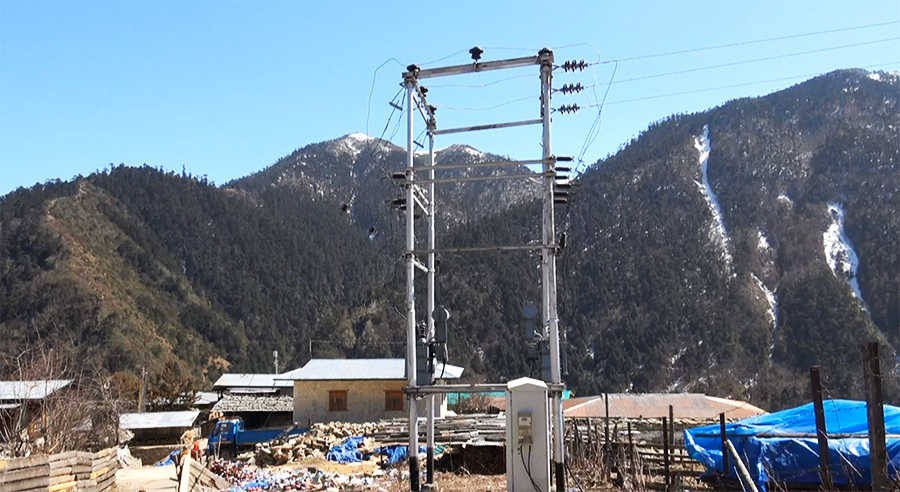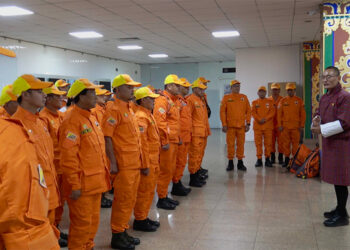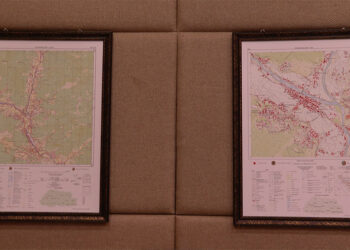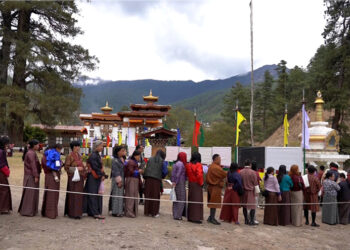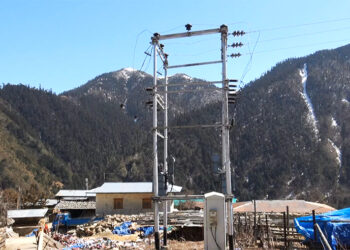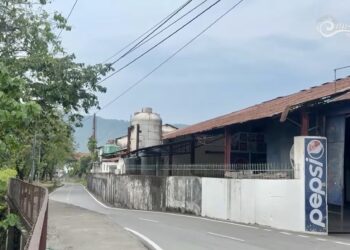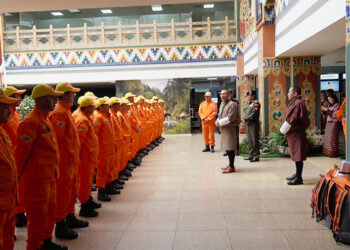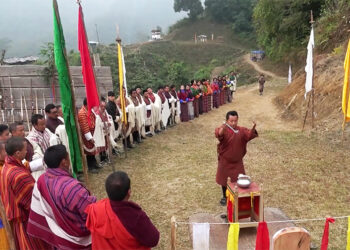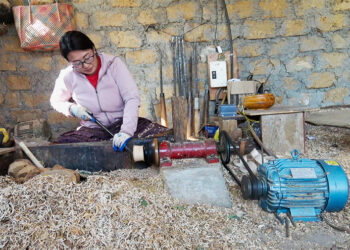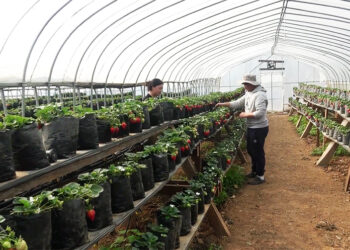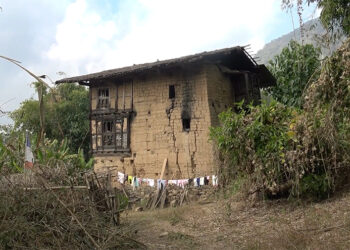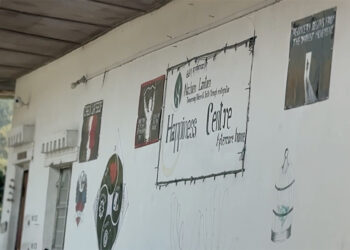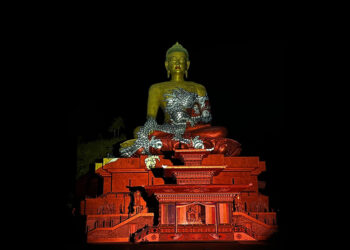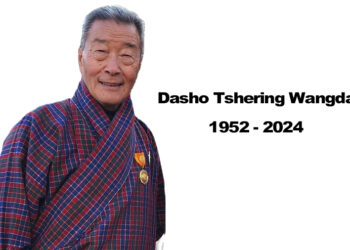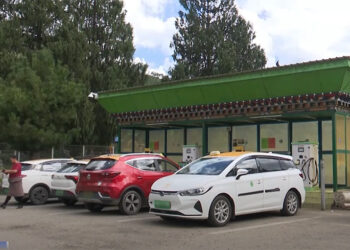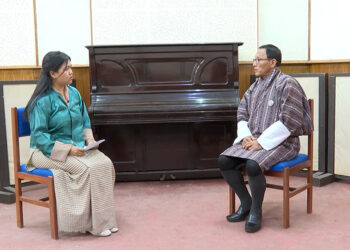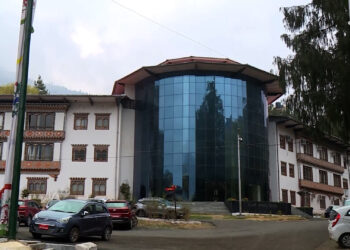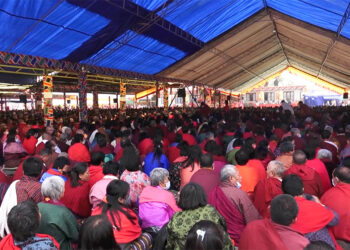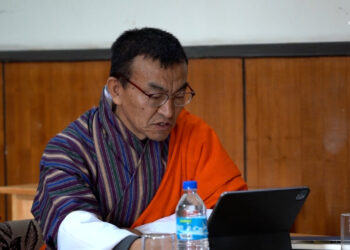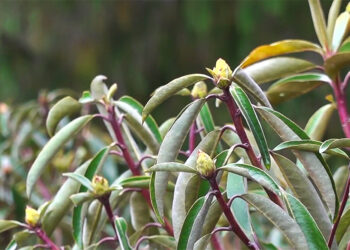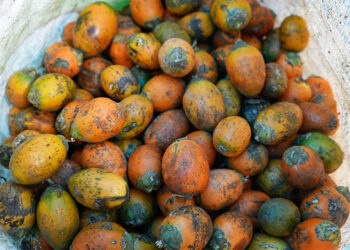Featured News
Centuries-old Londha festival in Dagana celebrates life, tradition and community
Bhutan's deep-rooted traditions and cultural heritage continue to thrive through vibrant local festivals, preserving the nation’s unique identity. Among them,...
RSPN’s drone initiative offers new hope for White-bellied Heron conservation
Drones may revolutionise White-bellied Heron conservation. The Royal Society for Protection of Nature (RSPN) tested drone technology to survey previously...
Breaking barriers in woodturning craft, Sangay Dolma’s journey of craftmanship
Being a woodturner, shaazop is not everyone’s cup of tea, especially not if you are a woman. But Sangay Dolma,...
Young couple turns farming experience and training into thriving strawberry farming business, Dagana
The best ideas often stem from simple observations. This is true for a couple in Tsangkha Gewog in Dagana. After...
Centuries-old house in Dagana : owner in dilemma over preservation and demolition
In Khebisa Gewog of Dagana, a four-storey mud house constructed centuries ago stands as a witness to history. Now, as...
Youth embrace Dung and Jaling crafting skills for income in Pema Gatshel
While many youths from the region have moved to urban areas in search of better job opportunities, a few young...
From addiction to independence, Phuentshogling’s Happiness Centre helps rebuild lives
It is often love and persistence of the family and society that make recovering from an alcohol and drug addiction...
A centenarian’s recipe to longevity
For centenarians who have seen the world for over a hundred years, age usually is just a number. So, what...
Buddha Statue comes alive with Gerry Hofstetter’s light display
The Buddha Statue at Kuensel Phodrang in Thimphu came alive last night with Gerry Hofstetter’s light art. His projections featured...
𝗥𝗲𝗺𝗲𝗺𝗯𝗲𝗿𝗶𝗻𝗴 𝗗𝗮𝘀𝗵𝗼 𝗧𝘀𝗵𝗲𝗿𝗶𝗻𝗴 𝗪𝗮𝗻𝗴𝗱𝗮’𝘀 𝗿𝗲𝗺𝗮𝗿𝗸𝗮𝗯𝗹𝗲 𝗷𝗼𝘂𝗿𝗻𝗲𝘆
Amidst the misty hills of Samtenthang village, the nation bid a heartfelt farewell to one of its most cherished sons,...
Politics
Capacity building training prepares women for future elections
To shatter cultural and social barriers that have long kept them from leadership roles, 20 young and determined women from...
Popular
-
EV taxi loan defaults reach Nu 41 M, BoB seizes five EV taxis
-
Tashichhoeling Dungkhag terminates contract for delayed Peljorling HSS hostel project, Samtse
-
People call for shift in unlimited late-night data plan timing, health experts warn of long-term implications
-
RCSC extends GSP and ESP contract periods to up to five years
-
Gola Gola Bhutan faces challenges amid misuse of drop-off centres
Rhododendron bloom declines, Lamperi festival sees sparse blossoms
The Royal Botanical Park at Lamperi in Punakha is seeing a decline in rhododendron blooming. The park is said to have some 40 different species of rhododendrons, which usually bloom around this time of the year. Observers during the recent Lamperi Rhododendron Festival attribute the delayed and incomplete blooming to various factors, including climate change, although this is not yet...
Betel nut exports halt again as clearance certificate from India expires, Samtse
In what seems like a repeat of past challenges, the export of betel nut via Samtse has come to an abrupt halt. The clearance certificate from India’s Directorate General of Foreign Trade expired last month, forcing exporters to divert their shipments once again. While prices have remained high, traders are starting to feel the pressure. The road to India via...
Parents call for boarding facility at Kazhi Primary School, Wangdue Phodrang
For over ten years, most parents and students at Kazhi Primary School in Wangdue Phodrang have been living in makeshift shelters to attend the school. Otherwise, the students have to walk for hours to get to class. Now, both parents and the school administration are calling for a boarding facility to ease the burden. As rain patters on the roofs...
Bhutan-Thailand collaboration brings complex brain surgeries home
A two-week neurosurgery camp is currently underway at the national referral hospital. Three doctors from Siriraj Hospital in Thailand along with a Bhutanese medical team, will perform 21 major surgeries that would otherwise require referrals abroad. The camp aims to reduce overseas referrals and foster skill exchange between Thai and Bhutanese doctors. The collaboration focuses on surgeries related to skull...
Recent News
- Bhutan Medical Relief Team returns home after successful mission in Myanmar
- New digital topographic maps to help in planning and disaster response
- Government urged to secure consumer rights in private educational institutes
- BOB Bhutan Premier League 2025 kicks off tomorrow
- Jungwa Chidoe Kurim at Pangrizampa begins
News Category
- Accidents
- Agriculture
- Announcement
- Business
- Crime/Legal
- Culture
- Development
- Disaster
- Economy
- Education
- Entertainment
- Environment
- Feature
- Featured
- Festival
- GMC
- Headlines
- Health
- Legal
- Literature
- Livestock
- Media
- Other Stories
- Politics
- RCSC
- Recent stories
- Religion
- Sci/Tech
- Social
- Sports
- Technology
- Tourism
- Uncategorized
- Video
- Video Story
- Wildlife
© 2024 BBSCL. All rights reserved.



